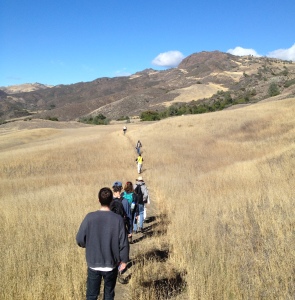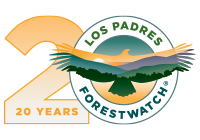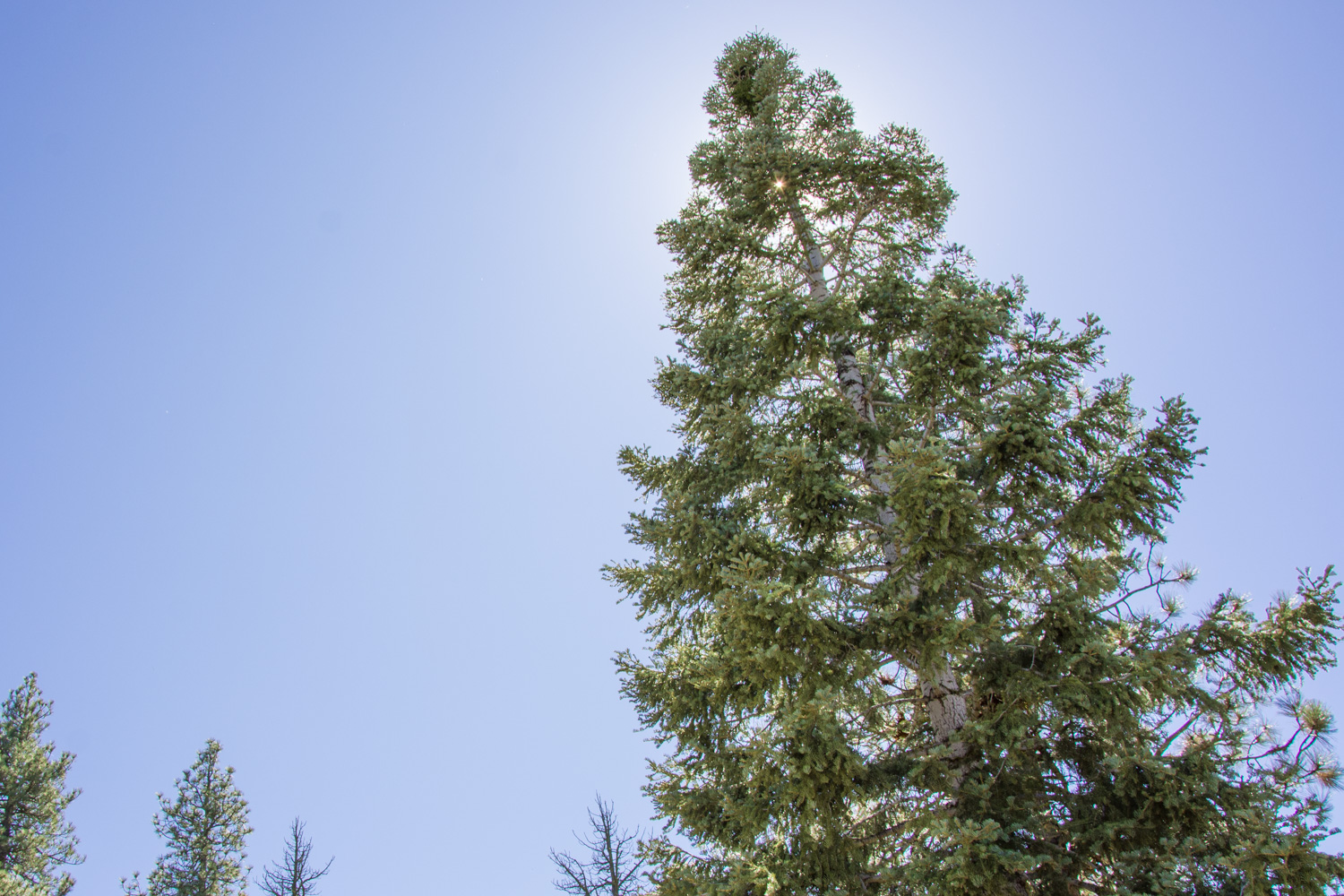Illegal marijuana grow sites hidden deep within the Los Padres National Forest have devastating impacts on plants, wildlife, and the ecosystem as a whole. Growers will often strip hundreds of tall shrubs of their branches while leaving the canopy intact to create space and cover for their operations. This outright destroys the immediate habitat and displaces any resident wildlife. They then tap into a nearby creek or spring, diverting most or all of the water through pipes to water the plants, which impacts the entirety of the downstream habitat and the wildlife that depend on it. The marijuana is also normally grown with heavy amounts of fertilizers, many of which are illegal in the US, but are smuggled in from Mexico. In addition, rodenticides and other poisons are often used to kill wildlife, deer, and other large mammals.These chemicals have devastating impacts on the native plants in the area and allow for invasive plants to outcompete natives in the presence of unnaturally high nutrient loads. Additionally, cultivators live at the site nearly year round meaning their personal belongings, trash, and waste, build up at the site in massive quantities. The culmination of all of these issues, despite originating from a small source, can ripple out and severely impact the area on an ecosystem-wide scale.

Volunteers hiking out to a grow site
The US Forest Service estimates that there may be close to 100 grow operations within the forest, but they are working tirelessly to crack down on them by using simple but effective methods of finding the sites. However, the Forest Service is only able to arrest the cultivators and shut down the site, but they ultimately lack the funds and resources to clean up and restore the grow sites. That’s where our volunteers come in.
Los Padres ForestWatch works closely with the US Forest Service to select fully abandoned and safe grow sites to remove trash from. Once a site is selected, our dedicated volunteers are escorted by USFS rangers on a hike to the hidden grow site. Once there, they work to remove irrigation tubing and any non-hazardous trash from the site. Depending on the size of the grow operation and the duration it existed, there may be miles of irrigation line and and well over one thousand pounds of trash.
Click here to learn more and see ForestWatch volunteers in the news!
—
If you’re interested in doing your part to take back our forest from the drug cartels and help restore entire ecosystems, click the button below or contact ForestWatch at volunteer@LPFW.org or 805.617.4610 ext. 3 to join our list of dedicated, fun-loving, adventurous volunteers today. You’ll receive monthly announcements about upcoming events and ways to get involved.







